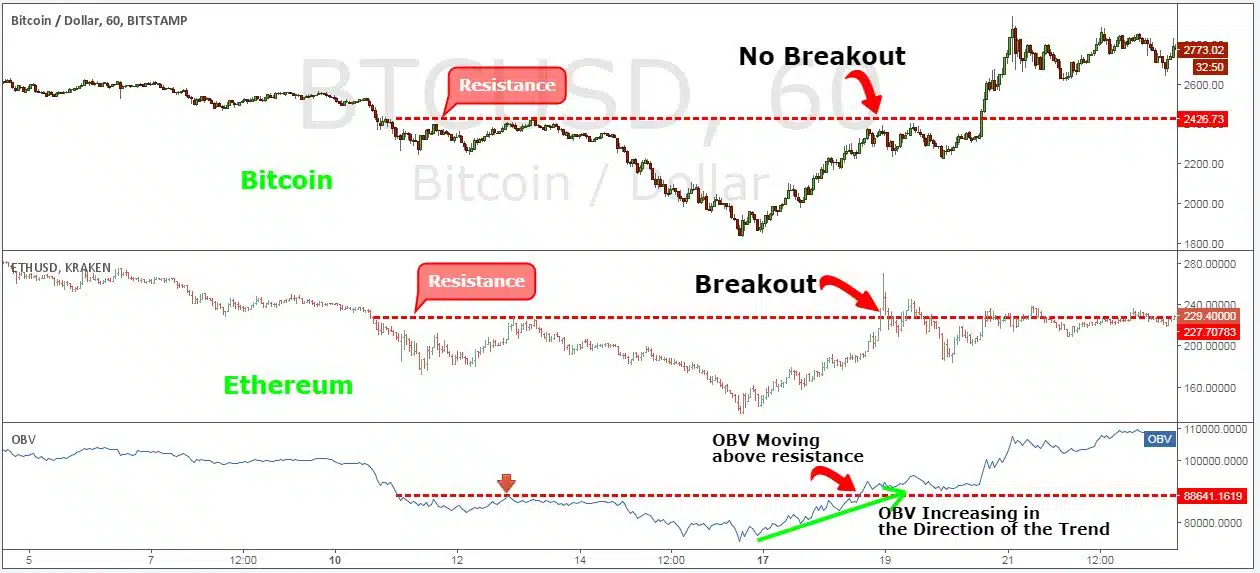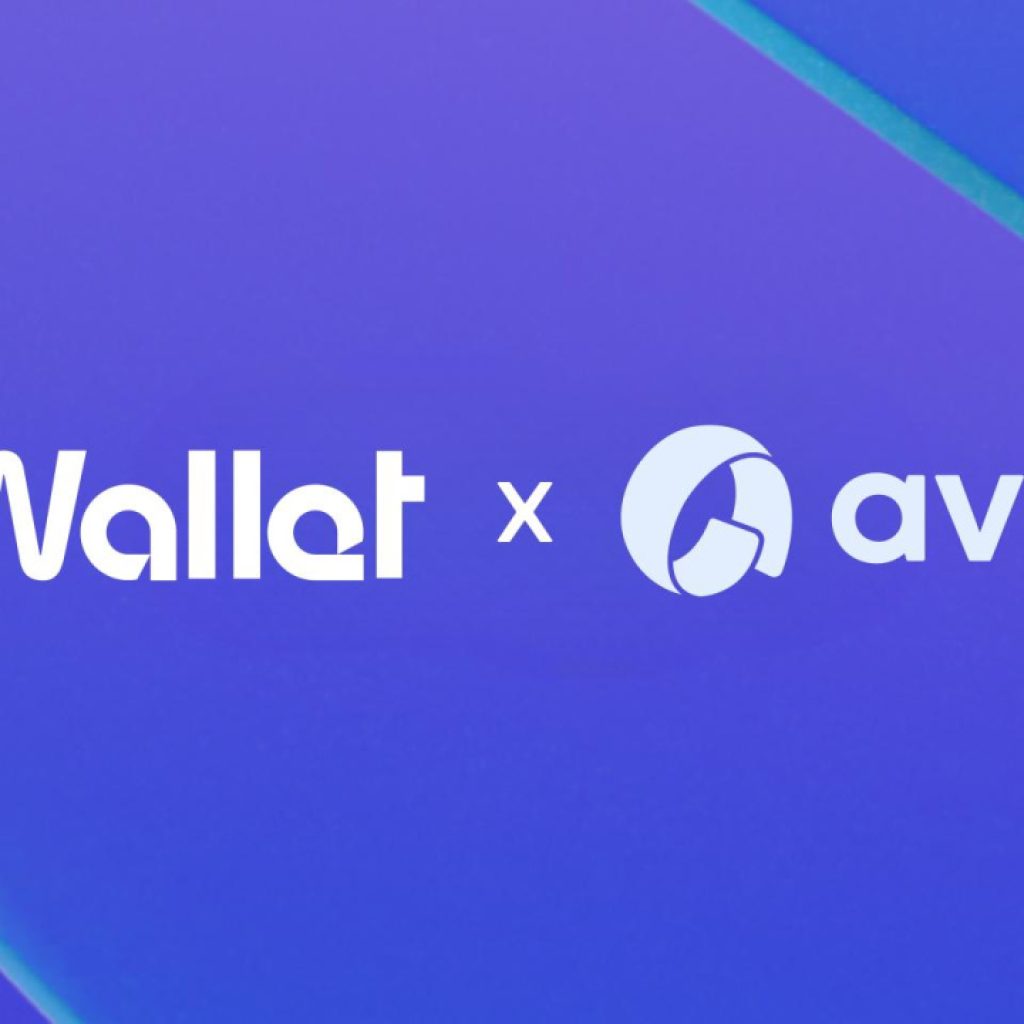In the swiftly evolving landscape of digital currencies, Bitcoin trading stands out as a beacon of potential and peril. This article explores the critical best practices for those considering navigating the tumultuous waters of Bitcoin markets. The rise of autonomous financial platforms, such as Immediate Definity 360, challenges the notion that a traditional bank account is necessary for trading Bitcoin. These platforms provide direct access to the cryptocurrency market, simplifying the trading process for users around the globe.
The Ethical Debate Surrounding the Promotion of Bitcoin Trading
The ethical debate on whether it’s right to encourage others to start Bitcoin trading delves deep into the heart of modern finance and investment strategy. On one hand, proponents argue that Bitcoin trading offers unprecedented opportunities. It ushers in an era of financial liberation, untethered from the traditional banking system, and empowers individuals to take control of their financial futures.
Contrastingly, critics of promoting Bitcoin trading often cite the considerable risks associated with its volatility. The price of Bitcoin can soar to dizzying heights or plummet with equal rapidity, a reality that can spell disaster for the unseasoned trader. There’s a moral quandary when one considers the possibility of inexperienced individuals being swept up in the fervor of potential wealth, only to find themselves facing substantial financial loss.
Furthermore, there’s an argument to be made about the environmental implications of Bitcoin mining. The vast amounts of energy consumed in the mining process raise questions about the sustainability of such practices, and whether promoting an energy-intensive industry aligns with global efforts to reduce carbon footprints.
This discourse isn’t merely academic; it has real-world implications for how Bitcoin is presented to newcomers. Those with a platform or influence in the cryptocurrency space bear a certain level of responsibility to present Bitcoin trading with a balance of enthusiasm and caution. By doing so, they respect the agency of their audience to make informed decisions while also acknowledging the potential pitfalls of this digital trading sphere.
In navigating this ethical landscape, transparency becomes paramount. Promoters of Bitcoin trading must ensure that potential traders are aware of both the potential highs and the undeniable lows. This means steering clear of hyperbolic guarantees of wealth and instead presenting a realistic picture of what trading entails, including the possibility of financial loss.
Best Practices for Guiding Novices in Bitcoin Trading
Guiding aspiring Bitcoin traders requires a nuanced understanding of both the cryptocurrency market and the principles of sound investment. The first step in this process is education. Before a single coin is traded, prospective traders should immerse themselves in the world of Bitcoin. This involves more than just understanding what Bitcoin is; it means gaining a comprehensive grasp of the market’s behavior, understanding the technology behind cryptocurrencies, and staying updated with the latest developments in the field.
Instructing novices on the safe practices of Bitcoin trading takes a realistic approach. It’s essential to communicate the volatile nature of the market without creating fear but ensuring a healthy respect for the unpredictability that comes with it. The emphasis should be on strategies that mitigate risk, such as starting with small amounts, not investing more than one can afford to lose, and avoiding the allure of quick profits in favor of long-term thinking.
Another cornerstone of responsible guidance is promoting a clear-headed approach to trading. This includes the practice of setting clear objectives and knowing when to exit trades, both in terms of taking profits and cutting losses. This discipline helps to prevent emotional decision-making, which can lead to rash actions with detrimental outcomes.
Transparency is also crucial in the mentorship process. Those who encourage Bitcoin trading should be open about the realities of the market, including the possibility of loss. They should also encourage diligence in research, emphasizing the need for individuals to seek out a variety of sources and perspectives before making any investment.
Moreover, responsible guidance means acknowledging the limitations of one’s knowledge and expertise. While one can provide advice based on experience and research, it’s essential to remind others that the cryptocurrency market is constantly evolving and full of unknowns. As such, part of guiding new traders is teaching them how to remain adaptable and to continue learning.
Finally, fostering a community where questions and discussions about experiences can take place is beneficial. Novices should be encouraged to engage with more experienced traders, participate in forums, and use tools and resources that can aid their understanding and decision-making.
Conclusion
In conclusion, guiding new Bitcoin traders is less about promising riches and more about imparting wisdom. A well-informed trader is prepared, cautious, and better positioned to face the unpredictable currents of the cryptocurrency market.





